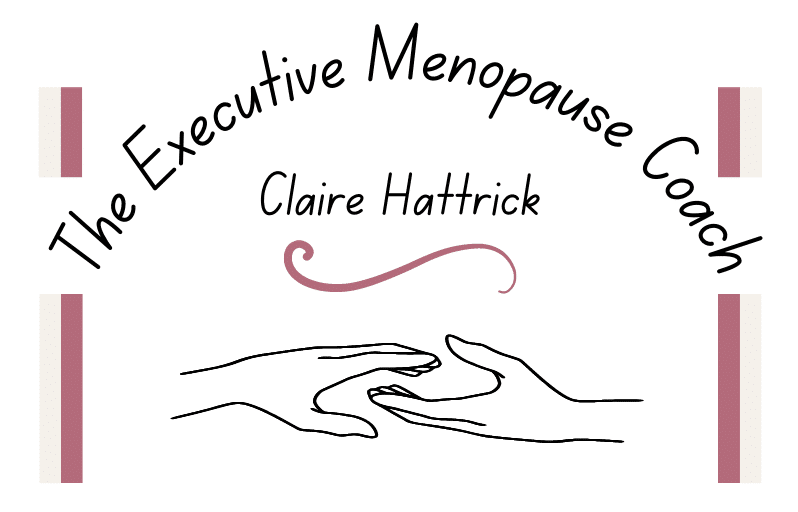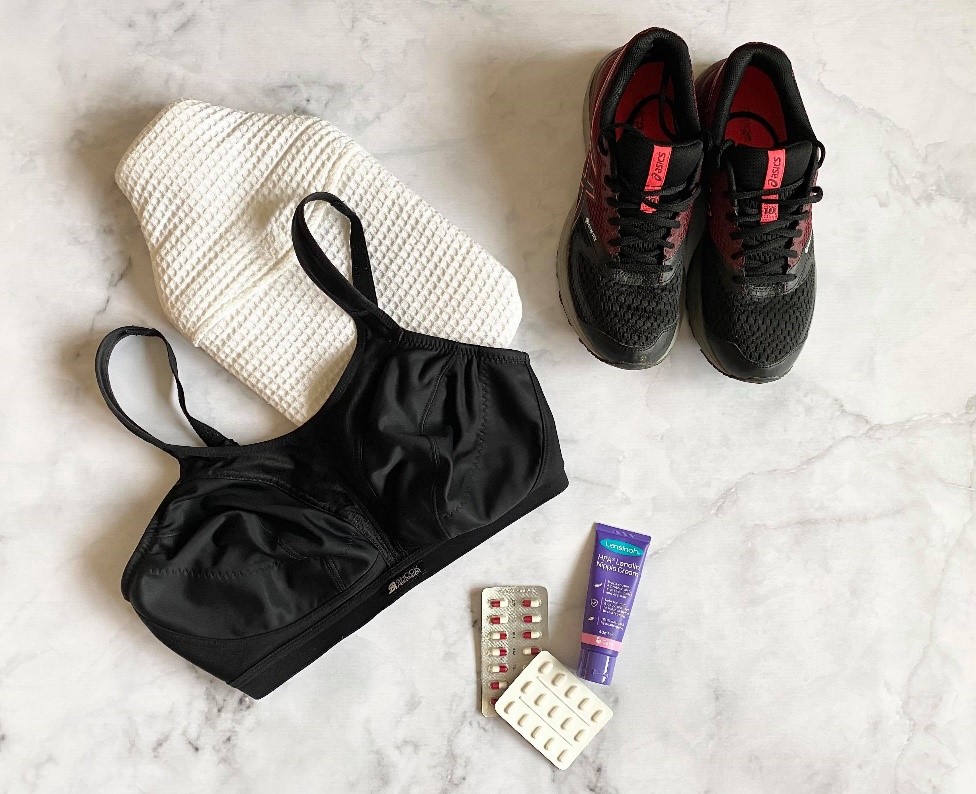Before and during the Menopause, it is very common to suffer with menopause breast soreness or pain. Mainly due to menstruation/periods and then as you transition through the Menopause, breast pain can return but from different causes. Sore breasts (also known as Mastalgia), are quite common during menstruation, this is down to hormonal changes causing fluid to build up in the breasts making them feel tender and sometimes swollen.
During the Menopause, hormones fluctuate and are far more intense and dramatic, and can cause the breasts to become larger or smaller and change shape. It can often feel like a throbbing pain and sometimes feel like they are burning and a totally different sensation or experience to breast pain during menstruation/periods. After the Menopause, when your body stops producing Oestrogen, breast pain is much less likely and should subside, if not disappear completely.
Please be aware that this blog post contains affiliate links and any purchases made through such links will result in a small commission for me (at no extra cost to you).
Click here to check out our other Menopause Help blogs!
Treatment for Menopause Breast Pain:
As the Oestrogen levels start to drop as you go through the Menopause, breast pain and soreness should ease, but it can be worse going through the Perimenopause (beginning) stage.
- Take over the counter pain relief – Anti-inflammatory tablets can be good for breast pain.
- Reduce your salt intake – This can cause dehydration and worsen breast pain.
- Keep hydrated – Drinking more water aids hydration and can lessen pain.
- Avoid caffeine – This can help reduce breast tenderness.
- Bra support – Wear a more supportive bra and one that fits, it is worth having a fitting every year with all these changes going on. I get my sports bras from wiggle, getting a well-fitted sports bra is just as important!
- Warm/Cold compress – Apply a warm heat to your breast, this can help with pain. I am told these are amazing and worth buying!
- Hot bath/shower – Can help with pain/soreness, Epsom Salts have also been recommended to me!
- Exercise – Gaining weight can cause breast pain too, so keeping active is important. A brisk walk daily can aid with keeping off those extra pounds.
See your GP:
Transitioning through the Menopause see’s your breasts change in many ways, with cysts developing at the same time, many women worry about breast Cancer, but most of the time it is only normal changes to our bodies.
ALWAYS see your GP with any of the following, it may not be a Menopause issue and could be more sinister, and ALWAYS should be checked by your GP your Doctor, do not delay, for peace of mind get any of these issues checked out:
- Changes in texture to the skin.
- Swelling or lump under the armpit.
- Lump or firmness on the breast.
- Persistent breast pain.
- Increase in breast size.
- Clear, bloody or pus discharge from the nipple.
- Redness
- Change in appearance.
If you ever experience any chest pain, also seek medical help straight away as this could be a sign of a heart condition.
Keeping a note of breast pain is a good idea and then when you see our GP they can see when and how often the pain is occurring and helps them make a diagnosis.
If you are going to see your GP I highly recommend filling in a symptoms tracker before you go, these help you to remember all of your symptoms and unlike Menopause Symptom Tracker Apps you can give your GP a copy of these! Click here to download our Symptoms tracker for yourself!

Alternative treatments:
Natural remedies of good quality are often worth tying, as I have found out over the years. Popular supplements for breast pain/soreness include:

Sometimes just making a few lifestyle changes can give you relief from breast pain/soreness. Eating a healthy/ nutritious diet and not smoking or drinking too much alcohol or caffeine can help, and sometimes makes these symptoms far more bearable or disappear completely.
Click here to read our other menopause help blogs.
*DISCLAIMER*This page does not provide medical advice; it is intended for informational purposes only and is based upon my opinion and experiences. It is not a substitute for professional medical advice, diagnosis or treatment. Never ignore professional medical advice in seeking treatment because of something you have read on The Executive Menopause Coach website. Always seek professional medical advice.








[…] Breast Issues – The same as when you have soreness during periods but one of the common symptoms of menopause. […]